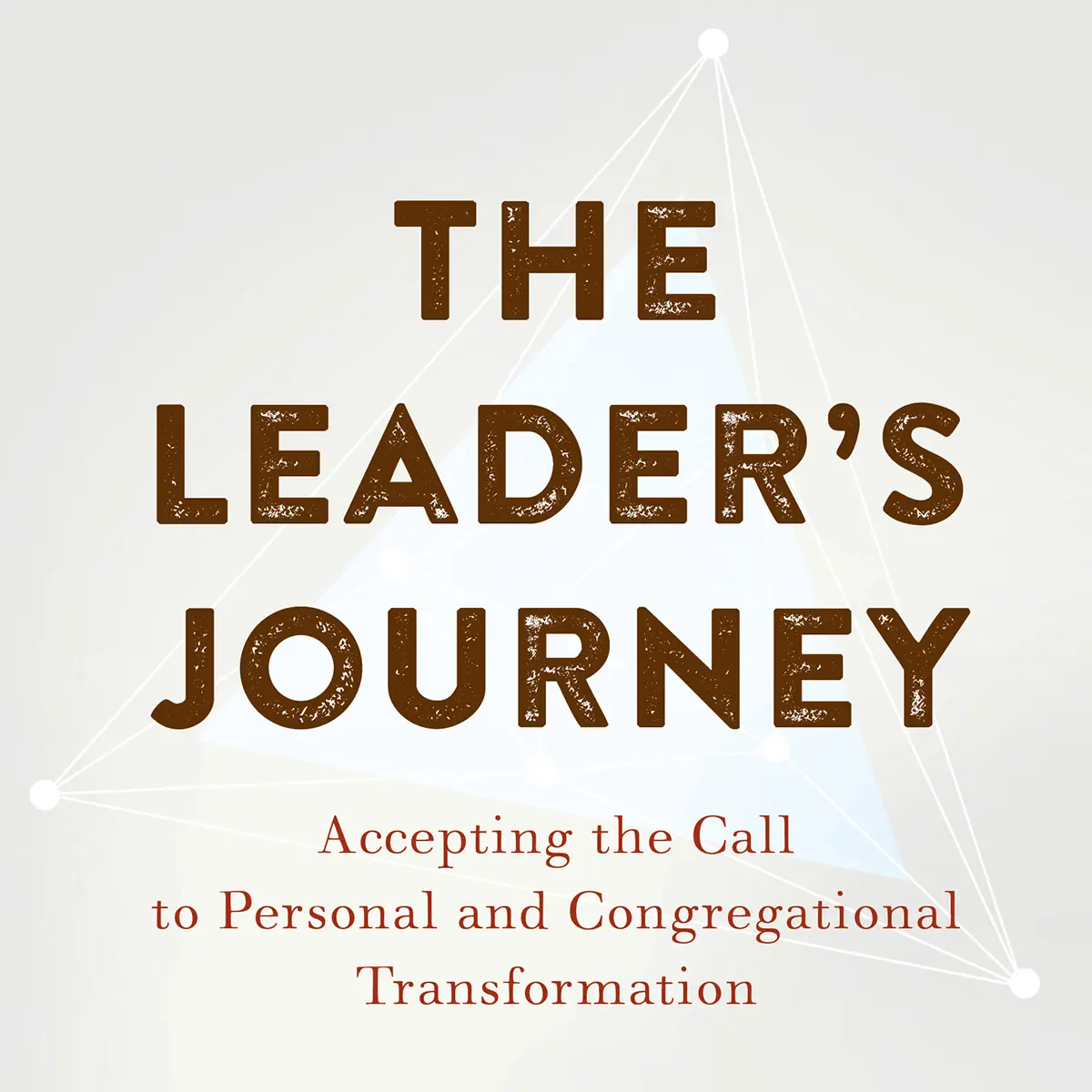What do you do when you open the email message cruelly outlining all your weaknesses and mocking your vulnerabilities and then realize that it wasn’t meant for you to see?
How do you hold it together when the people you lead don’t just disagree with you but have disdain for you?
What are you supposed to say when they question not only your beliefs but also your character?
How are you supposed to respond when people say they love you and then tear you down behind your back or to your face?
When do you put on a smile and pretend it doesn’t hurt and when do you get honest about what is so for you?
The best part of leadership is
Sometimes the people we lead do what fallible human beings do . . . they judge, they gossip, they criticize, they are cruel. And even though we know that they are fallible human beings doing what fallible human beings do, it hurts. Every leader I know has had days when they want to say, “I don’t need this. I’m done.” Almost every leader I know harbors a fantasy about an alternate life away from leadership—“I could be an eye doctor! Or drive a Coke truck! Or retire! Anything but this.”
But most of us don’t follow through on that, most of the time. So what can we do instead?
Take your time.
You don’t have to respond right away. In fact, it’s probably best if you don’t. Walk away from the computer. Put away your phone. Don’t walk back into that meeting. Say to the caller, “I’m going to have to think about this and I’ll get back to you.”
My co-worker had a poster near her desk that said, “Don’t just do something . . . stand there!” It’s good advice. You will have to address what has happened. You can’t hide forever. But you don’t have to take it on right now.
Talk to somebody . . . . but not just anybody.
The most natural thing in the world when you’ve caught a sucker punch is to want to loop in another person. It helps to stabilize us and helps us to get our balance back. The other most natural thing in the world is to want to crawl into a hole and not talk to anyone; who needs more pain and humiliation, right? We heal faster when we avoid both of those temptations.
So reach out to someone who loves you and who is outside your leadership system. Those are two important things so I’ll say them again . . . reach out to someone who loves you AND who is outside your leadership system. (If you don’t know who that person is, then that’s your next assignment—figure it out before the next punch is thrown.)
When you reach out, let yourself say what is so for you; pour out the pain and the anger. Don’t try to pretend like it doesn’t bother you or hide behind a veneer of bravado. That’s just a waste of a good friendship. Instead, to use an analogy, let someone else hold your hair out of the way and rub your back while you vomit it all up.
Then wipe your mouth and sit up straight and let your friend help you think things through. Maybe your friend can help you make sense of what has happened or maybe they can help you decide how you want to respond. They can just sit with you and say, “I’m really sorry that happened to you” and they can help you decide if you need the emotional version of stitches. Whatever they have to offer, let them.
Decide on an empowering story.
After you pick yourself up off the ground and get ready to go back into the fray, you will be telling yourself a story about what happened and about the people who hurt you. Most of our stories are variations of two basic assumptions, “There’s something wrong with me” or “There’s something wrong with them.” Both of those stories leave us helpless and stuck.
One leadership story of the fairy-tale variety is “If I were a better leader, leadership wouldn’t hurt.” I hope you know by now that that’s nonsense. Leaders attract opposition and sometimes that opposition is personal and ugly.
One of the most empowering stories we can tell as leaders is the one from systems theory that reminds us that it’s mostly not personal. I know it feels personal . . . trust me, I do. But as Tod Bolsinger says, “They don’t tackle the quarterback because they hate him; they tackle him because he has the ball.”
Show yourself compassion.
There are two important ways that we can show ourselves compassion. One is to talk to ourselves like we would talk to a friend. You wouldn’t say to a friend, “What did you do to bring this on yourself? Obviously no one likes you and you’re a fraud as a leader. Besides, you’re just not tough enough to lead. In fact, you should probably quit.” So don’t say those things to yourself, okay? You know how to show compassion to others. Now is a good time to show it to yourself.
The other way to show yourself compassion is to take care of yourself. Think about it. If you were literally punched in the gut, if you were beat up or attacked, you would slow down. You would get good medical care. You wouldn’t just power through. So will you let yourself do that when the injuries are emotional or spiritual? Will you let yourself take the day off or go to a movie to take your mind off things or get a massage or split a piece of cheesecake with a friend?
Trust me, it’s not a weakness to take care of yourself and you’ll be glad you did. You can always get back to the leadership thing tomorrow.
Leadership is sometimes painful because we are human beings leading human beings. When we stick our necks out to lead, there are people who will try to shoot us down. And that’s okay. Leadership makes the world a better place. It keeps us on track and headed in the right direction. It reminds us of what we can accomplish together and how we can be our best selves, making a difference. It’s what we are called to and what we are gifted for. It’s worth it. Even when it hurts.









